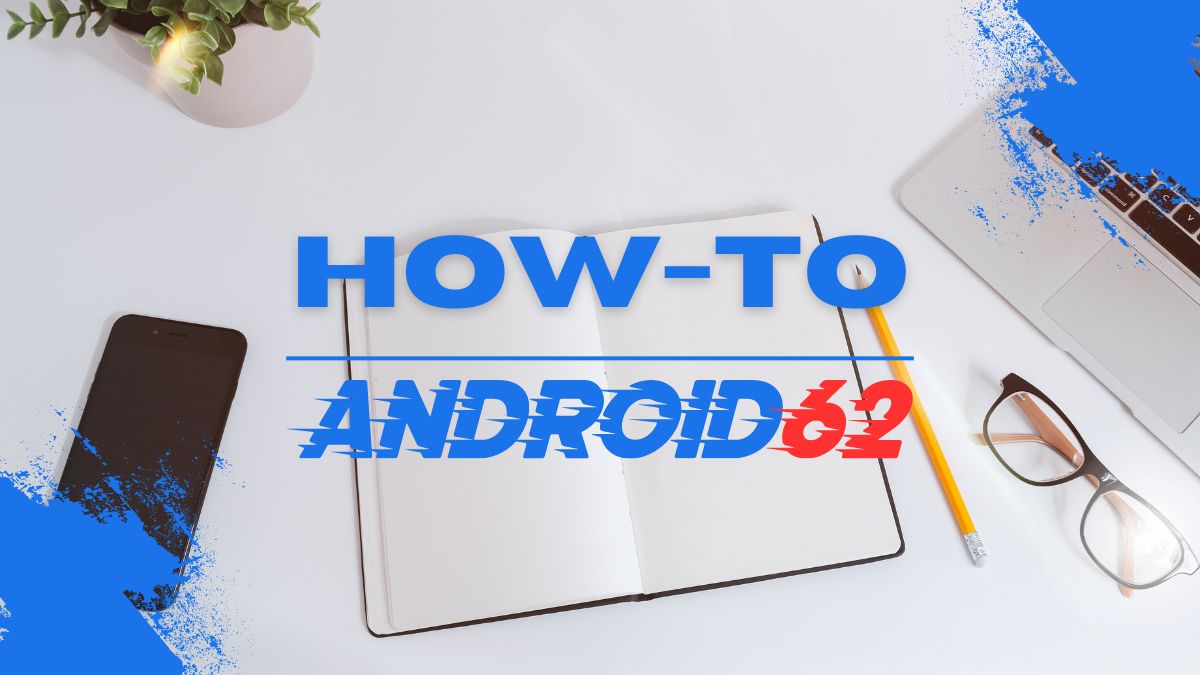
What is a Deviated Septum?
A deviated septum occurs when the thin wall (nasal septum) between your nostrils is displaced to one side, making one nasal passage smaller than the other. This can lead to difficulty breathing through your nose, nasal congestion, frequent sinus infections, and other symptoms.
Non-Surgical Treatment Options for Deviated Septum
Nasal Decongestants
Nasal decongestants can help reduce nasal swelling and open up the nasal passages, making it easier to breathe. They come in the form of nasal sprays or drops and should be used as directed to avoid rebound congestion.
Nasal Steroid Sprays
Nasal steroid sprays can help reduce inflammation in the nasal passages, allowing for easier breathing. These sprays are often used daily and can take a few weeks to see full effects.
Nasal Strips
Nasal strips are adhesive strips that are placed on the outside of the nose to help open up the nasal passages. They can be especially helpful at night when congestion is often worse.
Nasal Irrigation
Nasal irrigation involves flushing out the nasal passages with a saline solution to help clear out mucus and reduce congestion. This can be done using a neti pot, squeeze bottle, or nasal irrigation system.
Allergy Medications
If allergies are contributing to your deviated septum symptoms, allergy medications such as antihistamines or allergy shots may help reduce inflammation and congestion.
Home Remedies for Deviated Septum
Steam Inhalation
- Boil water in a pot.
- Remove from heat and place a towel over your head to create a tent.
- Inhale the steam for 5-10 minutes to help open up your nasal passages.
Humidifier
- Use a humidifier in your bedroom to add moisture to the air and reduce nasal congestion.
- Clean your humidifier regularly to prevent mold growth.
Warm Compress
- Apply a warm compress to your face to help relieve sinus pressure and congestion.
- Repeat as needed throughout the day.
Elevate Your Head
- Use extra pillows to elevate your head while sleeping to help reduce nasal congestion.
- Avoid lying flat on your back, as this can worsen symptoms.
When to See a Doctor
If your deviated septum symptoms are severe and affecting your quality of life, it is important to see a doctor for further evaluation and treatment options. They may recommend surgical intervention if conservative measures are not providing relief.
Conclusion
While surgery is often the most effective treatment for a deviated septum, there are non-surgical options and home remedies that can help alleviate symptoms and improve nasal breathing. By trying these methods and consulting with a healthcare professional, you can find relief from the discomfort associated with a deviated septum.



